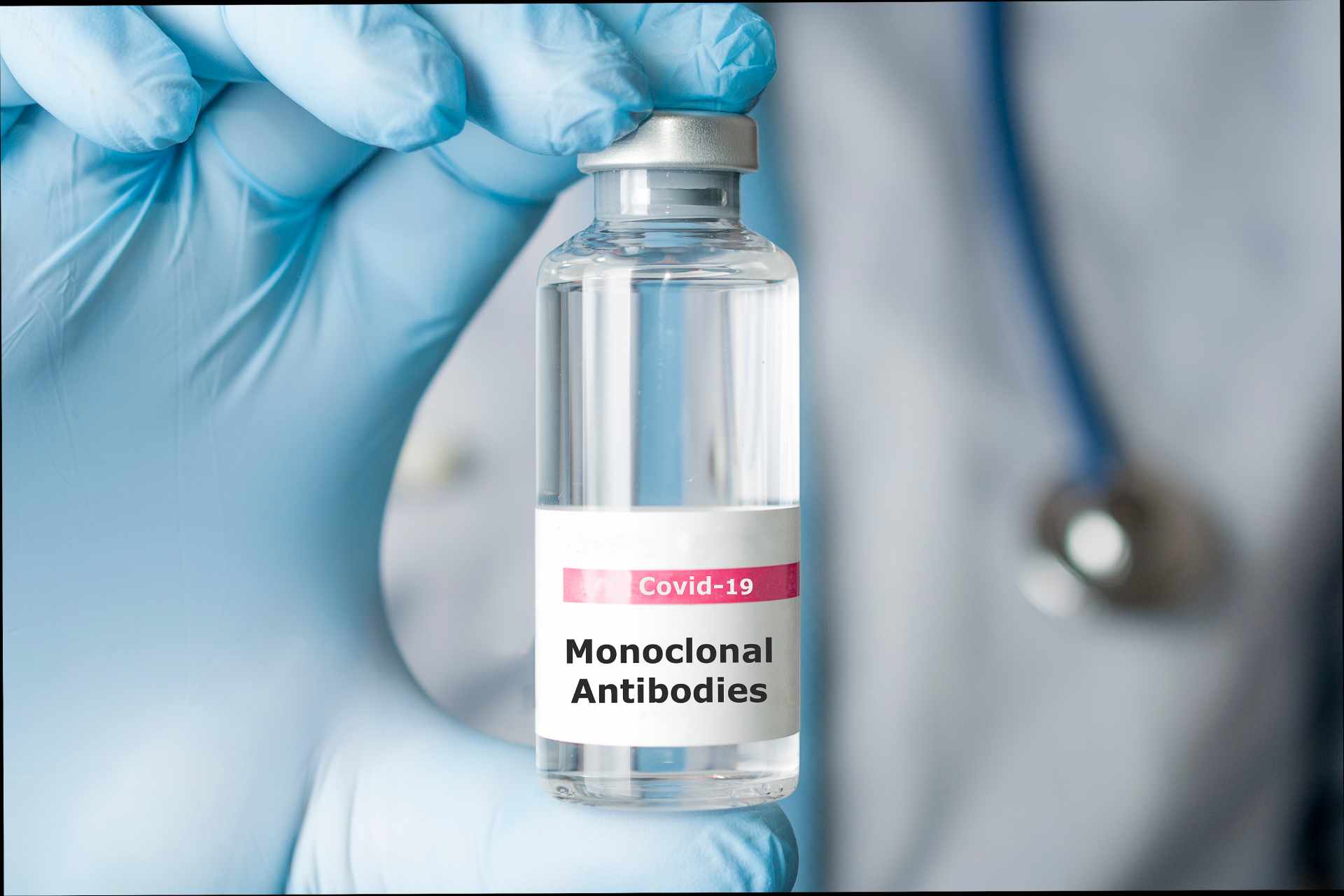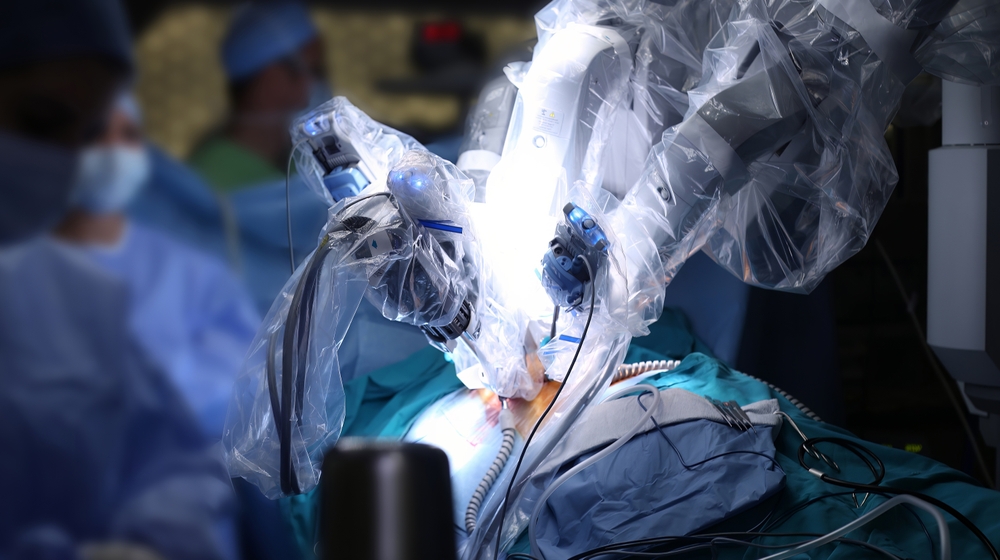
Monoclonal Antibody Therapy: An Effective COVID-19 Treatment Now Available in India
While vaccination programs get scaled up to prevent COVID-19 and achieve herd immunity, scientists continue to work on developing treatments for the disease. Monoclonal antibody therapy, which has been successfully used in other countries to treat COVID-19 positive patients with mild or moderate symptoms has now been approved by the Drugs Controller General of India (DCGI) for use in India.
How Do Monoclonal Antibodies Work?
Similar to antibodies which are proteins that the body naturally produces to defend itself against disease, monoclonal antibodies are artificially created in the lab, tailor-made to fight the disease they treat.
Treating COVID with Monoclonal Antibodies
Now available in India, Casirivimab and Indevimab are monoclonal antibodies that are specifically directed against the spike protein of SARS-CoV-2, designed to block the virus’ attachment and entry into human cells.
It is a cutting-edge treatment that provides protection to COVID-19 positive patients with mild or moderate symptoms before they deteriorate further or require hospitalization. This single dose infusion-based treatment can be administered intravenously or subcutaneously on an outpatient basis in the hospital. Following the antibody infusion, the patient is kept under observation for a few hours to monitor for any side-effects after which the patient can return home to quarantine and must continue to strictly follow COVID-19 isolation protocols.
Who is Eligible for Monoclonal Antibody Therapy?
The monoclonal antibody therapy is most suited for high-risk COVID-19 patients who are within first ten days of symptom onset and meet any of the following criteria:
- Age 65 years or older
- Obesity with BMI>35
- Type 1 or type 2 diabetes mellitus
- Chronic kidney disease, including those on dialysis
- Chronic liver disease
- Currently receiving immunosuppressive treatment
- Age>55 having either heart disease, or hypertension, or chronic lung disease
High risk patients between the 12 – 17 years of age may also be eligible if they have any of the following conditions:
- BMI ≥85th percentile for their age and gender based on CDC growth charts
- Sickle cell disease, or congenital or acquired heart disease
- Neurodevelopmental disorders (e.g., cerebral palsy)
- Medical-related technological dependence, for example, tracheostomy, gastrostomy, or positive pressure ventilation (not related to COVID-19), asthma, reactive airway or other chronic respiratory disease that requires daily medication for control
Are There Instances When Monoclonal Antibody Therapy is not Recommended?
The therapy is not recommended in patients who:
- Are hospitalized due to severe COVID-19, or
- Require oxygen therapy due to COVID-19, or
- Require an increase in baseline oxygen flow rate due to COVID-19 in those on chronic oxygen therapy due to underlying non-COVID-19 related comorbidity
Call Now: 01244834508
Frequently Asked Questions
-
How do monoclonal COVID-19 antibodies work?
When you are infected with the virus that causes COVID-19, your immune system produces antibodies, which are proteins that target the virus and aid in its destruction. Artificial antibodies against the COVID-causing virus prepared in the lab are called monoclonal antibodies. Monoclonal antibodies can supplement your immune system if you get them within first ten days of symptom onset, especially if you haven't started making antibodies on your own yet. The goal is for your body to get a head start on the virus and lower your chances of developing severe COVID-19 symptoms.
-
What is the difference between monoclonal antibody therapy and a vaccine?
• Monoclonal antibody therapy gives the body antibodies to protect itself, resulting in passive immunity. Vaccines give active immunity by assisting the body in producing its own antibodies.
• Monoclonal antibody therapy treats those who are already infected with the COVID-19 virus. Vaccine is a preventive measure that trains the immune system to fight against the COVID-19 virus.
• Monoclonal antibody therapy starts working as soon as it is administered. Vaccine offers protection 1-2 weeks after the second dose is given.
-
I got diagnosed with COVID-19, but I do not have any serious symptoms. Should I hold off the monoclonal antibody therapy?
No, antibody infusion therapy works best when started as soon as possible after a positive COVID-19 test. If your symptoms worsen, you will no longer be eligible for this treatment. The goal of antibody therapy is to lower your chances of developing life-threatening symptoms that necessitate hospitalisation. Do not wait until your symptoms become unbearable. The therapy is most effective when initiated within the first ten days of disease onset.
-
Who cannot take the monoclonal antibody therapy?
Patients should not take the monoclonal antibody therapy if:
- a) They are hospitalized due to severe COVID-19, or
- b) They need oxygen therapy due to COVID-19, or
- c) They are on chronic oxygen therapy due to underlying conditions and need to increase their baseline oxygen due to COVID-19.
The monoclonal antibody therapy may aggravate these symptoms.
-
Does receiving monoclonal antibody therapy mean that I don’t have to quarantine?
Anyone who has tested positive for COVID-19, regardless of whether or not they have received monoclonal antibody therapy, must be quarantined. This entails isolating yourself in your home and away from family members for 14 days after testing positive, or 14 days after your symptoms first manifest, and for at least 48 hours after symptoms have subsided and you haven't had a fever (without using medication).
-
What information should I give my doctor while I discuss this therapy?
If you have any of the following conditions, be sure your doctor is aware of them:
• If you have any allergies
• If you are pregnant
• In case you are suffer from any significant illnesses
• If you use vitamins or herbal supplements, or if you use any prescription or over-the-counter medications
-
Can breastfeeding or pregnant women receive monoclonal antibody therapy?
IIt is still not known if the therapy is safe for pregnant or breastfeeding women, or if it could harm a foetus or a newborn. However, the advantages may outweigh the hazards. To determine if this is the right therapy for you, speak with your primary care doctor.
-
What are the side effects of monoclonal antibody therapy?
Nausea, diarrhoea, vomiting, fever, chills, headache, coughing or wheezing, a drop in blood pressure, swelling or inflammation of the skin, throat irritation, rash, itching, muscle pain/ache, and dizziness have been recorded in some patients receiving these antibody infusions. There is a risk of allergic reaction, which can be serious, as with any other therapy.
-
Can children benefit from monoclonal antibody therapy?
Those over the age of 12, who weigh more than 40 kg, have mild to moderate symptoms, and are at risk for severe COVID, can begin treatment within the first 10 days of their disease.
-
How long does the effect of monoclonal antibody therapy last?
Monoclonal antibody therapy is only effective for a few months. Vaccine-induced antibodies remain far longer than natural antibodies.
-
Is it possible for me to receive the COVID-19 vaccine after monoclonal antibody therapy and vice versa?
It is recommended to wait at least 90 days after receiving antibody treatment before getting a COVID-19 vaccine. If you have got your first dosage but not your second one, you should wait for at least 90 days before receiving your second dosage. Monoclonal antibody therapy can also help those who are unable to establish a robust immune response naturally after immunisation (such as older citizens).






